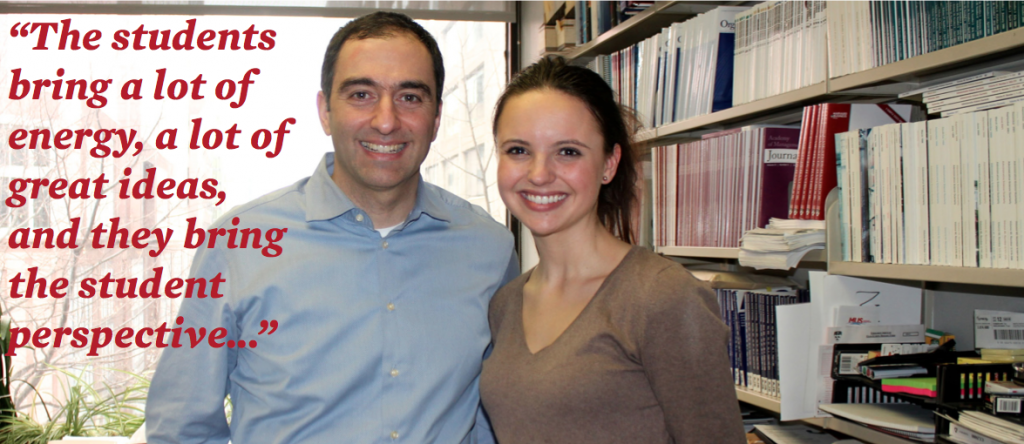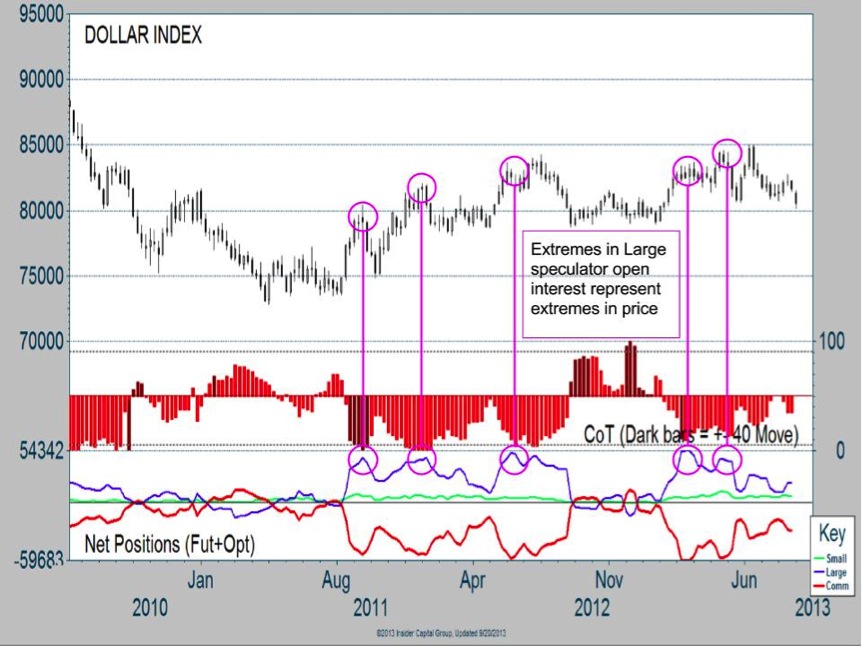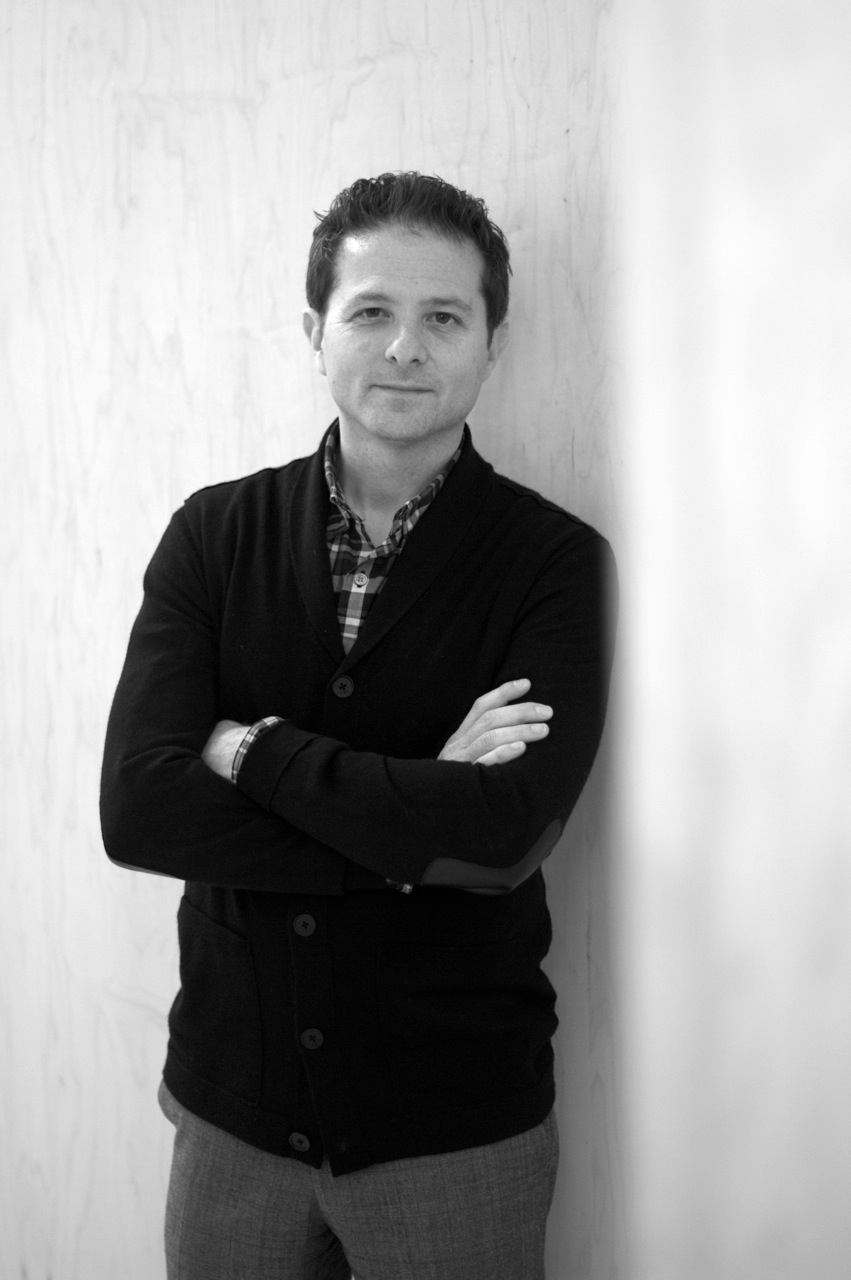There is no doubt that a typical university experience is, regrettably, a one way street. Although we may like to hold on to the belief that we participate in an open dialogue with our peers, faculty, and administration, the realities of the modern post-secondary education experience is two-dimensional. Student input in terms of programs are often kept to course reviews which, although invaluable, are limited in scope and influence.
This coming Fall, however, the Desautels Faculty of Management will be offering one of the first programs of its kind in Canada, driven largely by student input and faculty collaboration. The efforts of a select few individuals, combined with a growing emphasis on interdisciplinary studies, both within Desautels and between faculties, and an increasingly socially conscious economic system, have yielded the release of three new programs from the Strategy and Management.
The Origins of the Initiative
Every so often, the Desautels Faculty of Management goes through a sort of internal auditing process, in which educators and administrators take a comprehensive look at the state of the faculty, their programs, and their curriculums. In the most recent iteration of this process, focus was placed on developing a more interdisciplinary approach to management education. A reduction in the number of required core courses and emphasis on diversified program structure meant students were encouraged to supplement their studies in management with substantiating elements of study from a variety of fields.
At the same time, two young students were just discovering a project that would take them through more than two-and-a-half years of their undergraduate degree, an accredited independent study, and ultimately result in the development of an entirely new program structure for strategy, social business, and global strategy management at McGill.
Joanna Klimczak and Mariana Botero are the two students who, during their time at McGill, worked alongside faculty and administration in developing the newly released Strategy Major, as well as the Social Business & Enterprise and Global Strategy Concentrations. While student involvement has always been a strongpoint of Desautels, there has never been such an effective mobilization of passionate and dedicated individuals.
What the Program Is
Available to incoming students this coming academic year as well as retroactively applying to students who have amassed the correct credits, the initiatives of Klimczak, Botero, and the faculty have resulted in three new programs: an all-new major in Strategic Management and concentration in Social Business & Enterprise, as well as a refined concentration in Global Strategy.
The goal of the program is to “combine traditional topics in strategic management…with attention to pressing social and environmental changes.” While there are similar programs in the US, there are few like it in Canada. Students are able to explore a variety of perspectives on their primary study of management, and can tailor the course structure to their specific interests.
“There’s no doubt that social and environmental context is an increasingly relevant aspect to any stream of management or business” says an anonymous consulting professional. “With the rise of Corporate Social Responsibility (CSR) initiatives, as well as the increasing pressure on companies to adapt to issues that were otherwise beyond their scope of operations, such as the environment, students need a broader perspective than ever before to be as effective as possible in their chosen fields.”
How it Came to Be
“For me, the whole reason why I wanted to go into management – though it might sound unconventional – was I wanted to use business studies and apply them in some form of development.” says Klimczak. Her drive and commitment to the idea of using business as a means of promoting sustainable and responsible development may be a far cry from the traditional motivations of studying management, but they are increasingly relevant as the faculty continues to develop. “I see the power of business, and what kind of influence it has on an international scale, whether its institutions or private enterprise.”
While there was no Strategy major offered when Klimczak began her time at McGill, this in no way impeded her in her pursuit of finding ways to engage management as an avenue of international social development. In her first few months, Klimczak sought out and attended an event in which McGill hosted 2006 Nobel Laureate Muhammad Yunus, famed micro financier behind the Grameen Bank. It was the first time she had been able to see how social business as a field of study can manifest, and served as the fulcrum in her journey to effect change not only for herself, but for the field in general.
“I started to scope campus, asking ‘are there courses taught on social entrepreneurship in general?’ I had come across some courses in the in the existing Social Context & Business concentration that had some relationship with concrete aspects of social business, so I started looking at campus clubs and other students involved.” It was through the Office for Sustainability that she met Mariana Botero, a student who shared her passion of social business. “We thought ‘why don’t we go ask the professors, maybe there’s something we don’t know.’”
Klimczak and Botero were eventually directed towards Emine Sarigollu, the program director for the BCom at Desautels. In their first discussions with the administrators of the faculty, they began to brainstorm, and eventually embarked on an accredited independent study to explore possible templates for a Social Business concentration. “We were so excited to work on the study…There was support and constructive criticism coming from the faculty, but we were always aware that this was just an idea…We were realistic in our expectations.”
Students and Faculty Intersecting
They were eventually led to the initiatives of Professor Robert David, who along with other faculty members, had been working on the development of the strategy major and revising social context concentration for a number of years. “We had already been talking about a strategic management major for years, but we weren’t really sure, and nothing had ever been done about it…we wanted to re-energize, and rethink, the old social context concentration, because we knew it wasn’t really responding to student needs, but we didn’t really know why, or what to turn it into.”
After Klimczak and Botero presented to the Undergraduate Program Committee for the first time, word spread across the faculty that two students had come armed with curriculum adjustment documentation, ready to make a splash. “I remember this being brought to my desk, and my initial reaction being one of puzzlement” says David, recalling the first time he had heard of Klimczak and Botero’s efforts. “It was clearly similar to what we had been working on. My reaction was along the lines of ‘why haven’t I heard about this before?’”
“I think it’s fair to say we were both trepidacious about each other” recalls David. “These are the most action oriented students I’ve ever seen, and they were probably equally irritated at having to talk to somebody else.” Klimczak and Botero were, at this point, in the thick of the notorious bureaucracies of McGill. They had been in contact with several administrators and faculty, and were still in the early stages of developing their ideas. This did not, however, deter them in anyway.
“We were under the understanding that ‘we’ll see what works, and if it doesn’t work, we’ll change it.’ Things changed along the way, but as long as everyone is working towards the same goal at the end of the day, and those values are held true, the rest will [fall into place].” Klimczak and Botero spend several weeks discussing the details of their proposal with David, and eventually, the two parties began to realize that their goals intersected more than they originally thought.
“It all just kind of clicked” says Klimczak. “After Mariana and I met with Professor David in the Strategy area, it was a lot more effectively managed, concrete, and doable. There was already a faculty initiative that we could contribute to, rather than having to try and propose something from scratch.” As David points out, the understanding of the bureaucracy and processes that he and other faculty brought to the project was complemented by the passion and drive of Klimczak and Botero. “The students bring a lot of energy, a lot of great ideas, and they bring the student perspective, which we very much need to have. As faculty, we could technically have put these programs in place without students, but they would have been nowhere near as good as they will be. It would have been a lesser product without the students.”
What it means for Management Academics
As the program is released, all eyes are on the number of students that elect to pursue these new program offerings. While the goal is not necessarily to match the numbers of programs like Finance or Marketing, David, Botero, and Klimczak are eager to see what sort of interest their program will generate.
There are, however, other dimensions to consider. “We want to see that those numbers are there. But at the same time, we want to see the qualitative comments from students.” says David. In a faculty that is dominated by highly specialized, depth-oriented areas of study (Finance, Accounting, etc.), the strategy area and its new programs are looking to offer students a more multidisciplinary feel.
Whereas the more established areas of the management studies are praised for their excellent career prospects, they are at the same time berated as being the ‘default’ for too many students. In discussing these areas, David concedes that ““the numbers are high, but sometimes students are disappointed. It’s kind of a default option, and that really defeats the purpose. What I want is the opposite. Maybe our numbers will never get near finance, but if they are decent, and then we get great qualitative feedback, then I’ll be very happy with what we’ve done.”
The argument again comes down to exploring a more multidisciplinary approach to management education. Years after the faculty reduced the number of core courses offered to allow students more freedom to take non-management electives, the emphasis on broadening the scope of commerce programs has only gotten stronger. These new programs, says David, are “building in that direction…I’m a big believer in that approach.”
What it means for McGill
McGill, and higher education in Canada in general, is often criticized for it’s slow-to-react, almost dimwitted approach to accommodating emerging trends in the world of management. These programs, however, are an almost unprecedented display of institutional agility, as the excitement and drive of two students was transformed into entirely revamped program offerings in under three years.
In other schools across the country, students are not enjoying as much success. Similar efforts have been met with lukewarm administrative support, and passionate students are often confined to the scope of a student club. The extent to which Klimczak and Botero were able to influence the academic direction of their faculty is staggering, and should serve as an encouraging demonstration of what can happen when there is constructive intersection of collaborative efforts.
While this may not represent a turning point for McGill in terms of long term committee structure, it serves as a testament to what can happen when student-faculty collaborations allow the drive of engaged students to be led through the networks of bureaucracy to yield tangible results in a relatively short amount of time. After roughly five stages of discussion, deliberation, and ultimately approval, Klimczak, Botero, and David have seen their efforts come to fruition. “It’s just about trying” says Klimczak. “If you have a vision, you see the value in it for the University and for its students, and it really just makes sense to make that vision a reality…then just go for it.”









